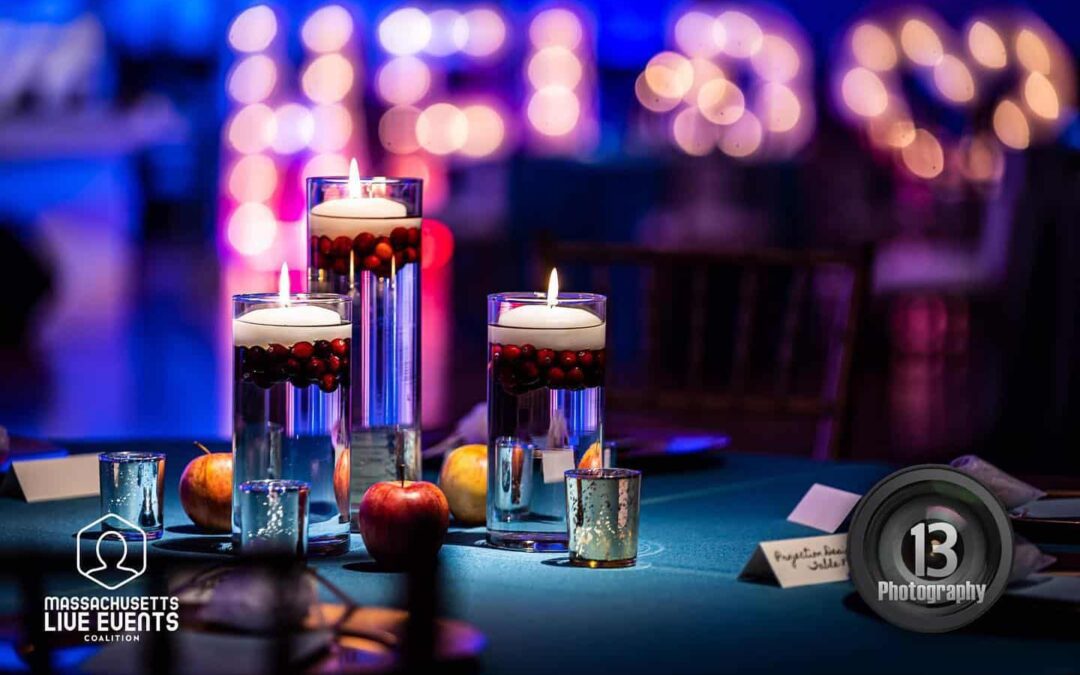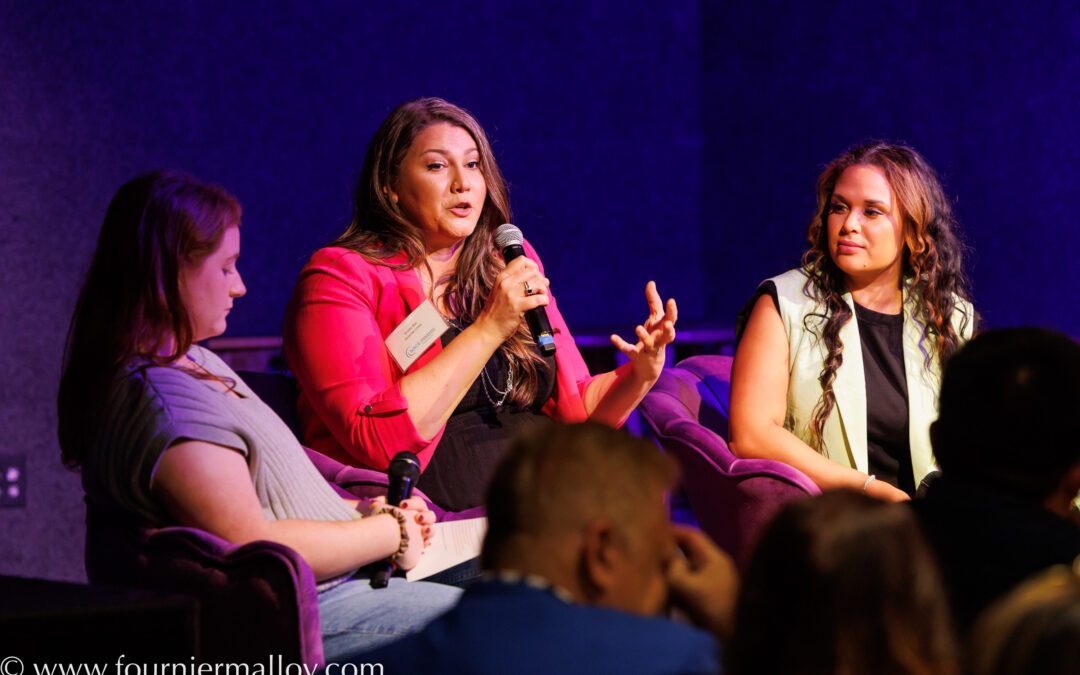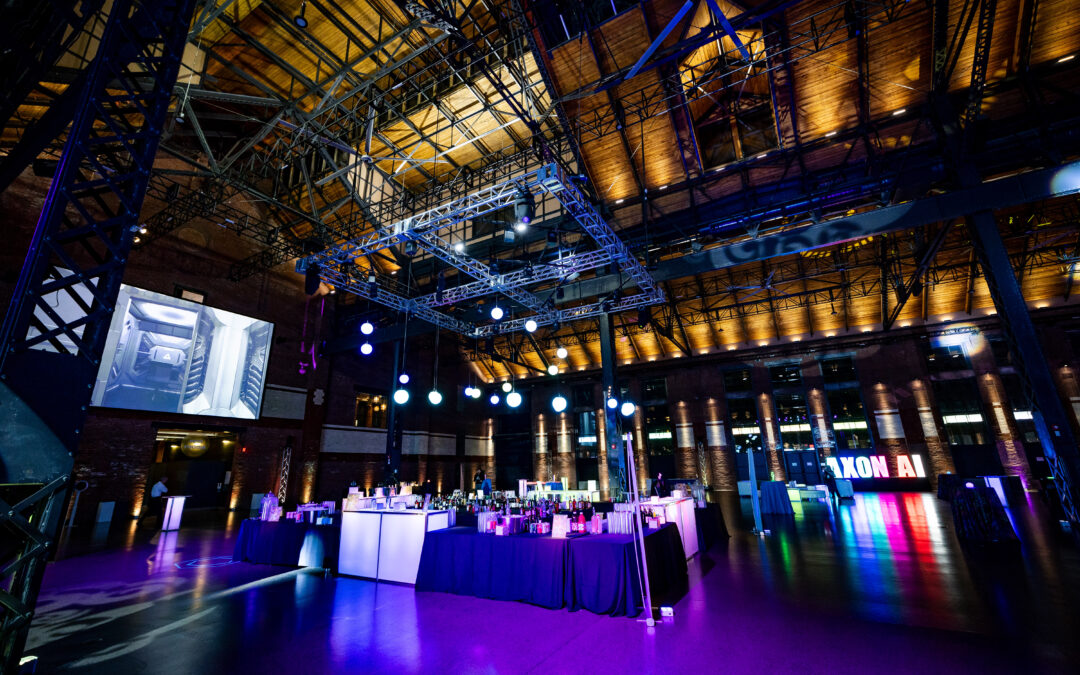The Ultimate Guide to Wedding Planners vs. Venue Coordinators: What You Need to Know
Planning your dream wedding in Boston? With the perfect venue, killer entertainment, and a seamless event experience on your mind, you might be wondering: Who’s actually running the show on your big day? Enter the great debate—wedding venue coordinators vs. third-party wedding planners. While both play a role in keeping things on track, they serve very different purposes. Knowing the difference could be the key to a stress-free wedding day.
What’s the Deal with Venue Coordinators?
Most wedding venues in Boston and beyond include an on-site coordinator in their packages. This sounds great, right? Yes—but there’s a catch. The venue’s coordinator is primarily responsible for managing the venue, not necessarily your entire wedding experience. Here’s what they do:
- Food & Beverage Management: Venue coordinators oversee catering, bar service, and dinner service timelines. Their priority is ensuring the venue’s food and beverage service runs smoothly.
- Contract Oversight: They handle logistics surrounding your venue contract—rental timing, vendor access, and any venue-specific rules.
- Basic Timeline Assistance: Many venue coordinators will help structure a rough timeline to align with food and beverage service, ensuring dinner is served at the right time and that the venue stays on schedule.
- Logistical Support for the Venue: They ensure the tables, chairs, and linens from the venue are set up as planned.
However, once dinner service is over, most venue coordinators leave for the night, meaning any last-minute mishaps (florals arriving late, a missing vendor, a sudden timeline shift) may fall on you, your bridal party, or even your DJ to handle.
The Role of a Third-Party Wedding Planner
Unlike venue coordinators, third-party wedding planners act as the general contractor of your wedding, overseeing all moving pieces—not just the venue’s interests. When you hire a wedding planner, you’re getting a dedicated professional who’s in your corner from day one to the last dance. Here’s what a third-party planner brings to the table:
- Comprehensive Vendor Management: Your wedding planner is your go-to person for all vendor communication, from your photographer to your DJ, florist, and caterer. They ensure all vendors are aligned, scheduled, and ready to go.
- Full Timeline Creation & Execution: Unlike a venue coordinator who mainly structures the timeline around food service, a planner creates and manages the full schedule—ceremony start, cocktail hour flow, entertainment cues, and all those must-have wedding moments.
- Personalized Design & Décor Guidance: Many wedding planners offer design services, helping you choose cohesive aesthetics and even sourcing rentals beyond what the venue provides.
- Guest Experience Coordination: Planners handle hotel room blocks, transportation logistics, rehearsal dinner planning, and even securing after-party locations.
- Crisis Management: Missing boutonniere? Sudden rainstorm? Wardrobe malfunction? A wedding planner handles it all while you sip champagne and enjoy your day.
Pros & Cons: Which One is Right for You?
Venue Coordinator Pros:
- Included in your venue contract—no extra fees.
- Manages all food and beverage logistics seamlessly.
- Provides basic event oversight and timeline assistance.
- Ensures venue policies are followed to avoid last-minute surprises.
Venue Coordinator Cons:
- Their priority is the venue, not necessarily your overall wedding experience.
- Typically leaves after dinner service, leaving the rest of the night in your hands.
- Does not manage external vendors, guest needs, or personalized details.
Wedding Planner Pros:
- Full-service planning and execution from start to finish.
- Handles all vendor communication and contract negotiations.
- Customizes the timeline to fit every moment of your wedding day.
- Offers a stress-free experience with problem-solving expertise.
- Has an extensive vendor network, often securing better rates than couples would get on their own.
Wedding Planner Cons:
- Additional cost, typically ranging from $3,000 to $30,000 in the Boston area.
- Finding the right planner can take time and research.
Final Thoughts: Do You Need a Wedding Planner?
If you’re planning a wedding in Boston and want a seamless, stress-free experience, hiring a professional planner is a game-changer. While a venue coordinator ensures food service and contracts are handled, they don’t oversee the intricate details of your big day. If you want every moment to be meticulously planned and executed, a third-party planner is worth the investment. Check out our network of preferred professional wedding planners to help narrow down your search.
At Black Diamond Event Production, we work hand-in-hand with couples, wedding planners, and venue coordinators to create an unforgettable event experience. From top-tier wedding entertainment to full-scale production services, we ensure your celebration is next-level. Ready to make your wedding day extraordinary? Let’s talk!



